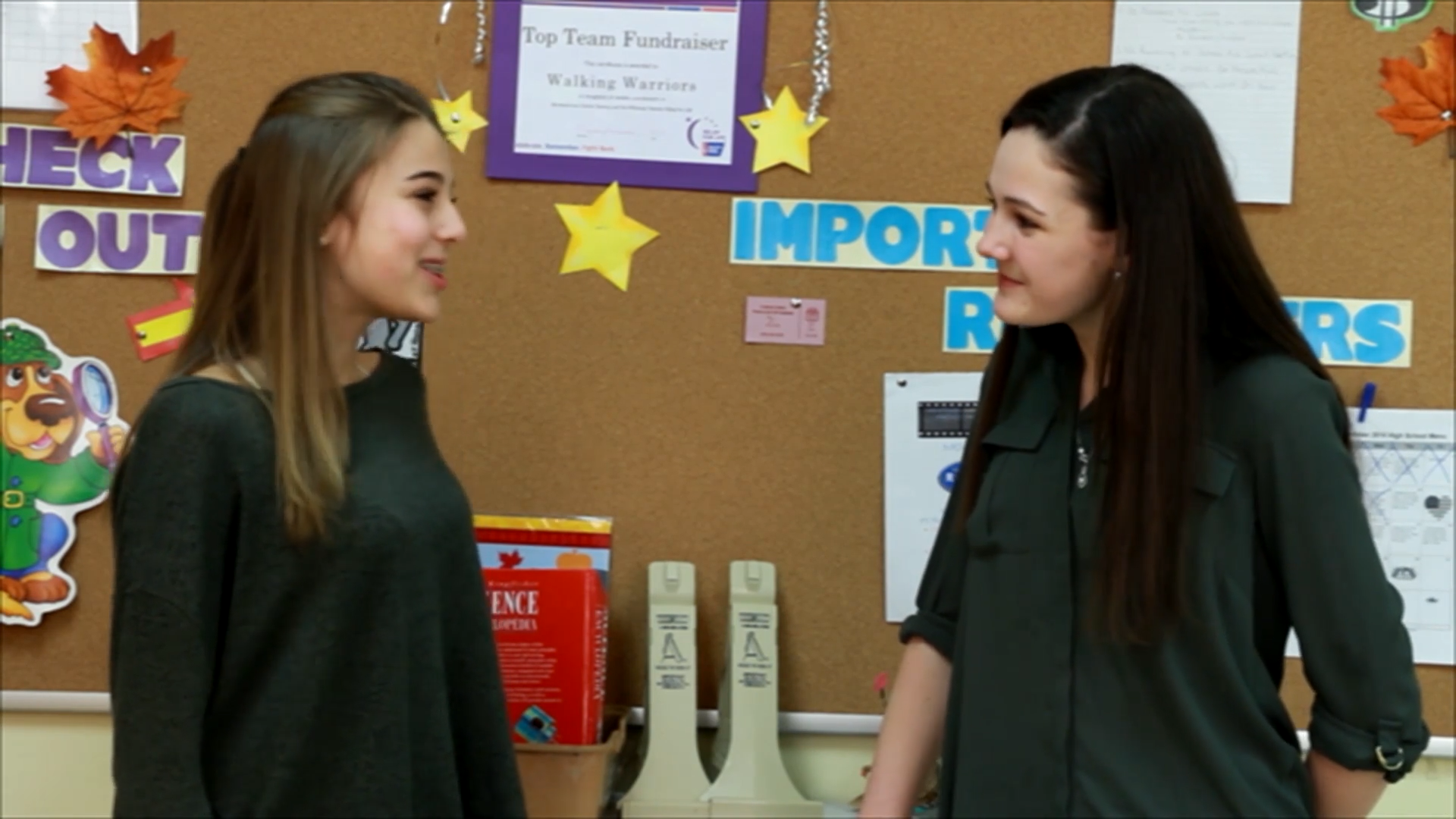
Introduction
Social skills are an essential aspect of a student’s development, especially for those in Special Education settings. One crucial social skill is the ability to make plans and engage in meaningful conversations with friends. This blog post will explore a no-prep activity that educators can use to teach students how to initiate and maintain conversations while making plans with their friends. We will also discuss relevant discussion questions, related skills, and next steps for further learning.
No-Prep Activity: Role-Playing Conversations
This activity requires no preparation or materials from the educator and helps students practice making plans with friends. Begin by pairing students into groups of two. Assign one student the role of the initiator, and the other student the role of the responder. The initiator will practice asking their partner if they would like to do something together and then suggest an activity, day, and time. The responder will then respond to the initiator’s suggestions and confirm or adjust the plans accordingly.
Encourage students to use the following conversation structure as a guide:
- Initiator: “Do you want to do something this weekend?”
- Responder: “Sure! What should we do?”
- Initiator: “I was thinking you could come over, and we could watch movies?”
- Responder: “Okay. When?”
- Initiator: “Are you free on Saturday afternoon?”
- Responder: “Yeah. I could come at 3.”
- Initiator: “Awesome!”
After each pair has practiced the conversation, have them switch roles and repeat the activity. This will give students the opportunity to practice both initiating and responding to plans.
Discussion Questions
- Why is it important to be clear and specific when making plans with friends?
- How can you be more flexible when adjusting plans if your friend is not available at the suggested time?
- What are some other activities you could suggest when making plans with friends?
- How can you show interest and enthusiasm when your friend invites you to do something?
- Why is it essential to practice good listening skills during a conversation about making plans?
Related Skills
In addition to making plans and engaging in conversations, other relevant social skills for students in Special Education include:
- Active listening and responding appropriately to others
- Reading and interpreting body language and facial expressions
- Expressing oneself clearly and confidently
- Respecting personal boundaries and understanding different comfort levels
- Problem-solving and negotiating when conflicts arise
Next Steps
Now that you have learned about this no-prep activity for teaching students how to make plans and engage in conversations, you can continue to explore other social skills and strategies for students in Special Education. To receive free samples of materials related to this skill and others, please visit Everyday Speech’s sample materials page. These resources can help support your students’ social-emotional learning journey and enhance their overall well-being.

